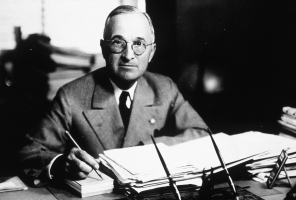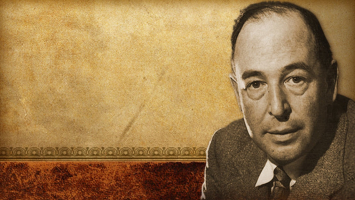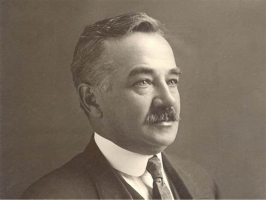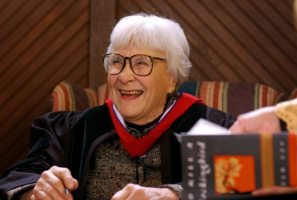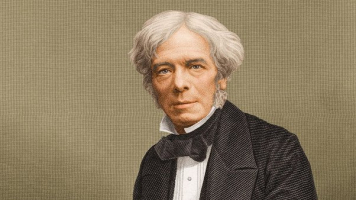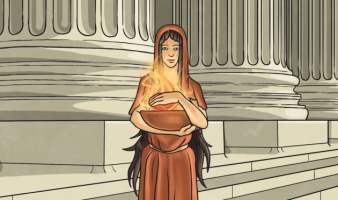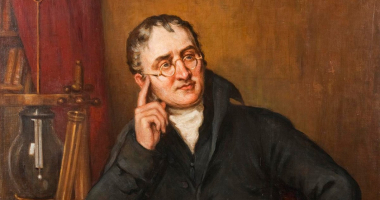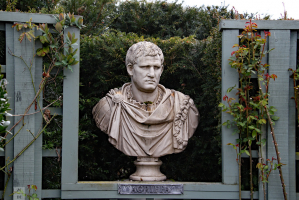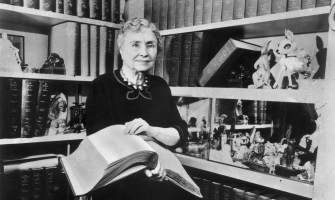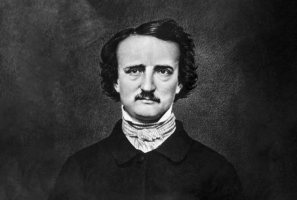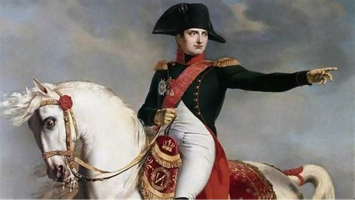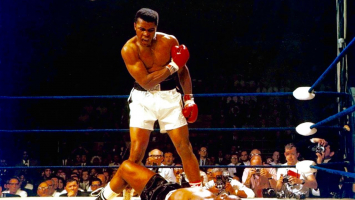Top 6 Interesting Facts about Ulysses S Grant
Ulysses S. Grant was the commander of the Union armies during the American Civil War, and then the 18th President of the United States. He has a varied legacy, ... read more...with a huge surge in unpopularity during the early 20th century, and attempts at rehabilitation during the twenty-first. He lived through one of the greatest American crises, and some credit his presidency with helping to reconcile America after the Civil War. Here are some interesting facts about Ulysses S. Grant.
-
In his younger years, he wouldn't have known who you were talking about if you called him Ulysses S. Grant. Hannah Simpson Grant and tanner Jesse Root Grant welcomed Hiram Ulysses Grant into the world on April 27, 1822, in Point Pleasant, Ohio. This is an interesting fact about Ulysses S. Grant. As a young lad, the young Ulysses did go by his middle name, but the name that is remembered in history books was given to him after he was selected by Ohio congressman Thomas Hamer to attend West Point.
In 1839, Ulysses S. Grant's name was accidentally entered as "Ulysses S. Grant," with the "S" standing for Grant's mother's maiden name, Simpson. This happened because Grant's father, an old friend of Grant's father, did Ulysses a favor by nominating him for enrollment at the prestigious military academy.
The name Grant stayed because the young Grant accepted the clerical error despite his low social background. Even as a nickname, his peers referred to him as "Sam." Later, in a letter to his future wife Julia in 1844, he made fun of the fact that he had an "S" in his name and didn't know what it stood for. He quipped, "Find some name beginning with "S" for me." Grant is not the first president with a peculiar middle name, by the way. The middle initial of Harry S. Truman was similarly a simple "S."
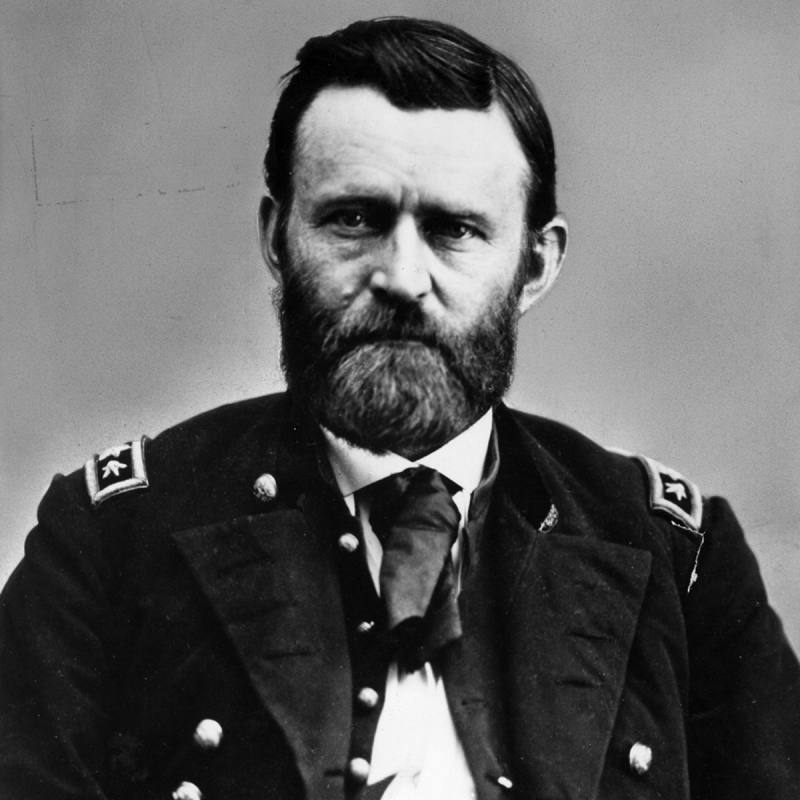
Photo: https://www.biography.com/us-president/ulysses-s-grant 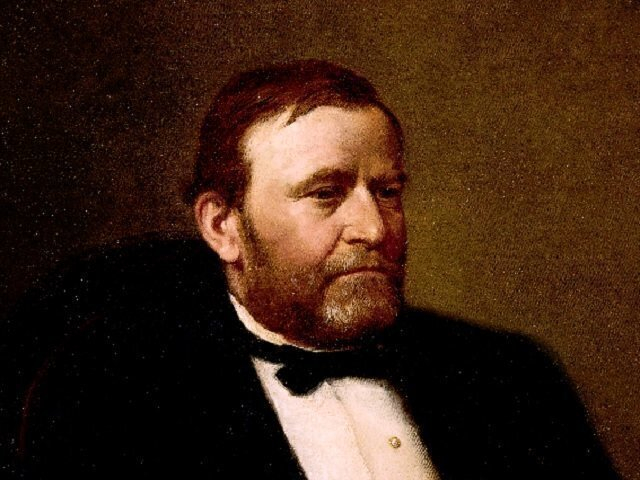
Photo: https://constitutioncenter.org/blog/10-fascinating-facts-about-president-ulysses-grant -
During his time living with his father-in-law’s family, who were slave owners, Ulysses S. Grant came into the possession of a man named William Jones. After a year, he freed him for no recompense, even though Grant was in dire financial straits.
Coming from an abolitionist family, his father didn’t approve of Grant’s slave-owning in-laws. Grant’s own views on slavery were more complex. Initially more ambivalent, he wrote in 1863: “I never was an abolitionist, not even what could be called anti-slavery...”. Even when working on his father-in-law’s farm and owning William, it was said: "He couldn’t force them to do anything. He wouldn’t whip them. He was too gentle and good-tempered, and besides, he was not a bad owner.''
During the Civil War his views evolved, and in his Memoirs he stated: “As time passes, people, even of the South, will begin to wonder how it was possible that their ancestors ever fought for or justified institutions which acknowledged the right of property in man.”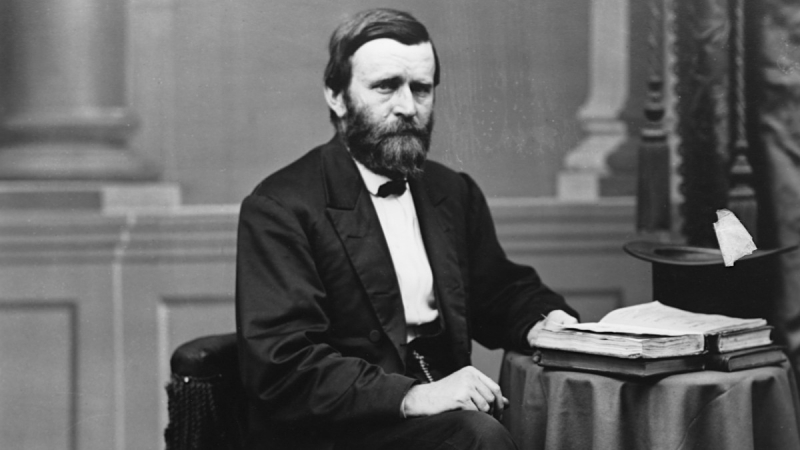
Photo: https://www.history.com/news/ulysses-s-grant-president-accomplishments-scandals-15th-amendment 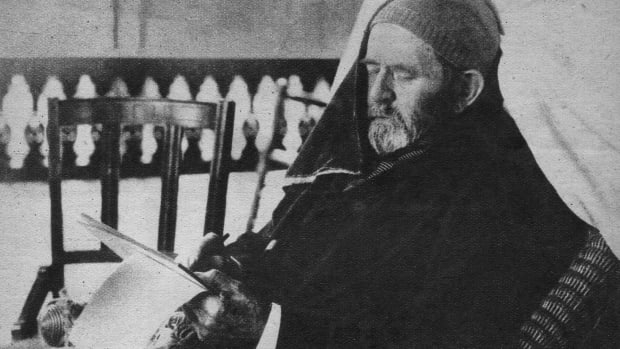
Photo: https://www.history.com/news/10-things-you-may-not-know-about-ulysses-s-grant -
Though Grant's father anticipated that enrolling him at West Point would open doors for his son, the younger Ulysses S. Grant despised the formality of attending school. Throughout his tenure there, he was noted to be generally untidy and received demerits for his sloppy uniform habits (which he would continue during his time as leader of the Union Army during the Civil War).
A 17-year-old Grant wrote to his cousin, McKinstry Griffith, in an 1839 letter that he "would laugh at my appearance" if he saw the cadet in his uniform: "My pants are set as tight to my flesh as the bark to a tree." "They are quite apt to crack with a report as loud as a gun," he wrote, and "if you saw me from a distance, the first question you would ask would be 'Is that a fish or an animal?'"

Photo: https://www.history.com/news/10-things-you-may-not-know-about-ulysses-s-grant 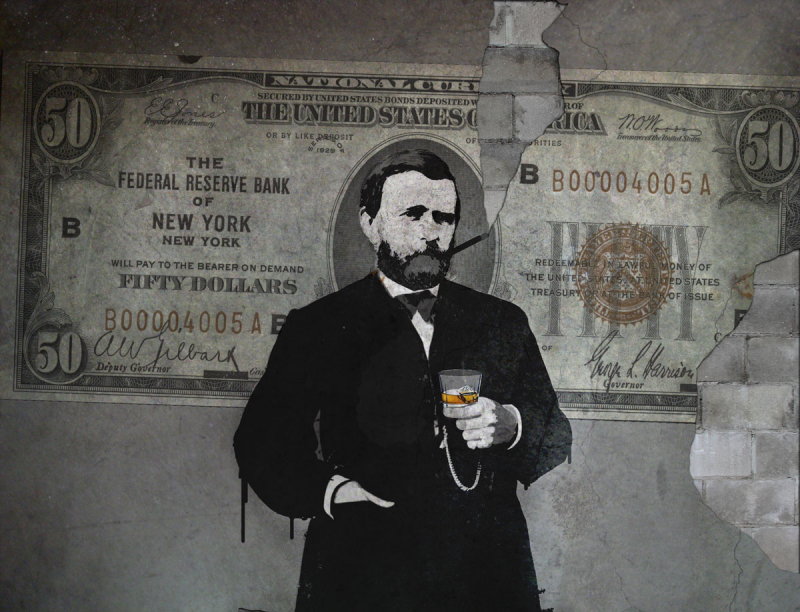
Photo: https://www.damninteresting.com/the-reconstruction-of-ulysses-s-grant/ -
Though a combat hero who sat in on cabinet sessions during Reconstruction under President Andrew Johnson, Ulysses S. Grant had little political experience when he was nominated for president in 1868. However, because the Civil War was still looming at the moment, it made sense that one of the people credited with holding the United States together would be given a chance.
He was re-elected for a second term, but scandals, such as the 1869 Black Friday incident, in which two financiers attempted to corner the country's gold market while Grant's Treasury Department sold gold at weekly intervals to pay off the national debt, and his inability to maneuver party politics dogged his administration.
In his parting statement to Congress, he said, "It was my privilege, or misfortune, to be called to the office of Chief Executive without any previous political training." "Under such conditions, it is only reasonable to assume that mistakes of judgment occurred."
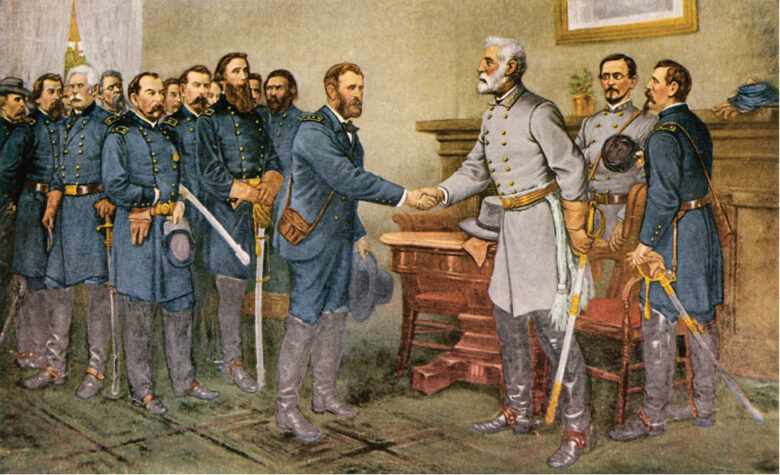
Photo: https://www.neh.gov/humanities/2007/julyaugust/feature/common-bonds-the-duty-and-honor-lee-and-grant 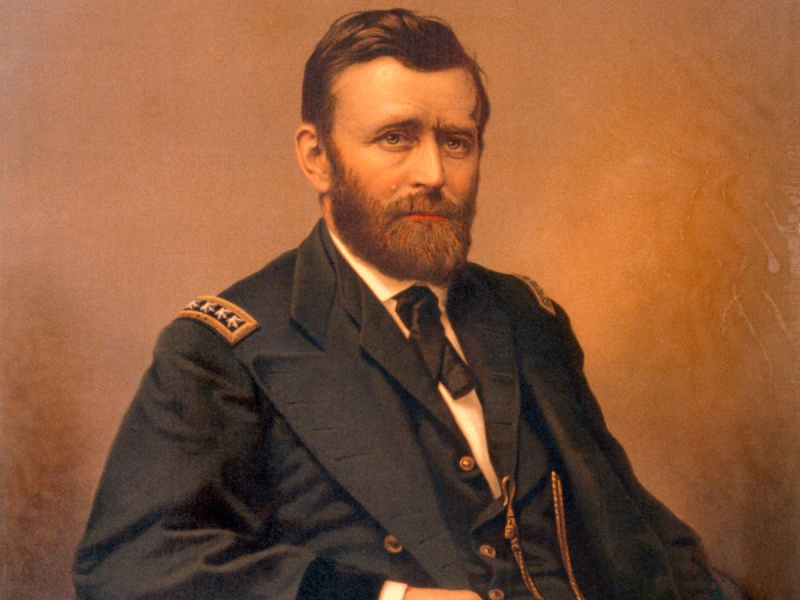
Photo: https://www.history.com/topics/us-presidents/ulysses-s-grant-1 -
For many years, there have been persistent rumors that Ulysses S. Grant did not totally pen his own memoirs. Many highly intelligent people believe that Grant's clear prose is actually the consequence of Mark Twain's editing touch, according to Ta-Nehisi Coates, who debunked the myth in a February 2012 essay for The Atlantic.
But the assertion is false. Grant wrote the full original book by hand, and it is still available today. Twain started writing even though he was not actively working on the project. Grant had already given permission for a publishing house to produce the book, but no official agreement had been made.
Grant was attempting to compile a memoir of his military career by expanding on the essays he was writing on the numerous engagements he had fought in during the Civil War. The Century Company agreed to offer Grant ten percent of all sales following the completion of the book as part of the original arrangement. Twain was horrified by the offer when he realized how little Grant would make from book sales. He thought he might get Grant a better deal from him.
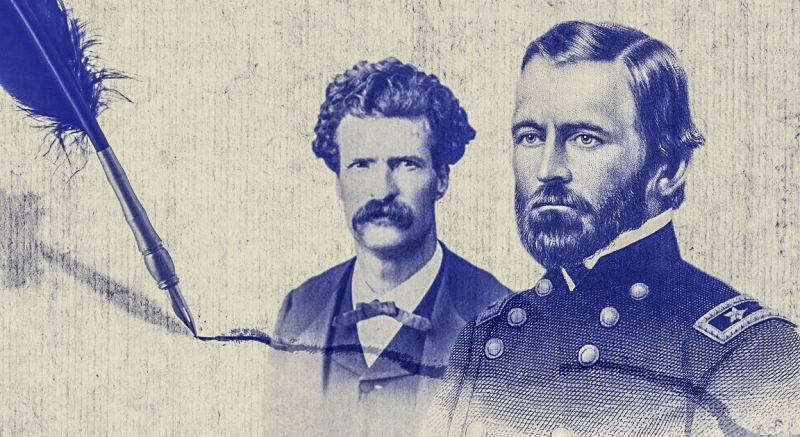
Photo: https://www.ozy.com/true-and-stories/how-ulysses-s-grant-and-mark-twain-rescued-each-others-fortunes/330133/ 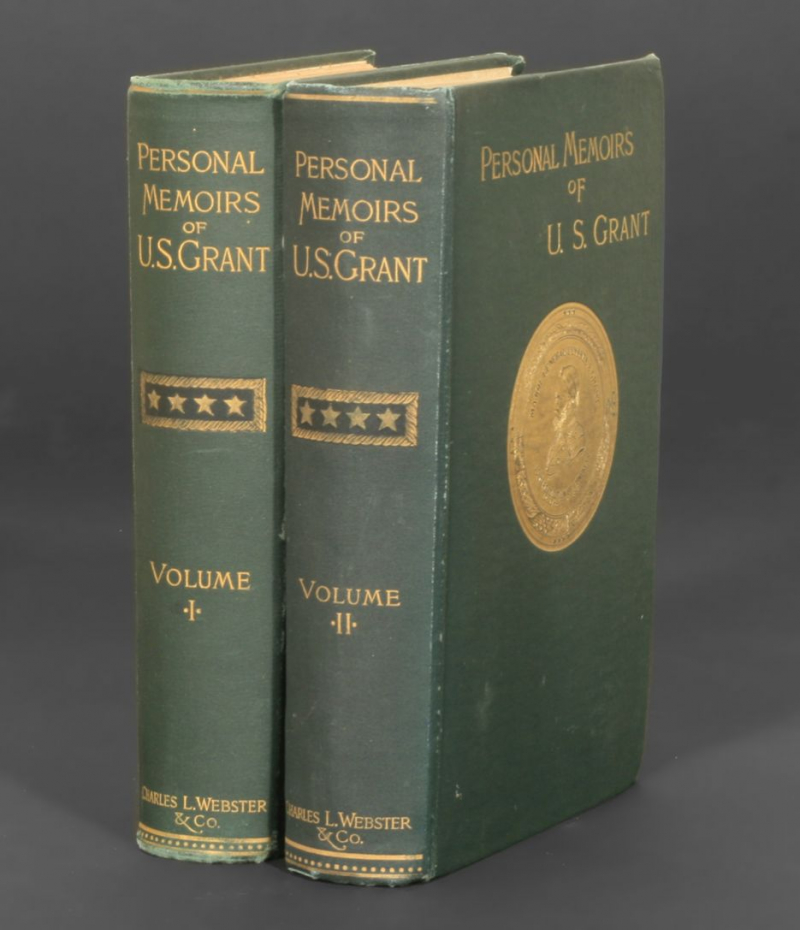
Photo: https://www.wikiwand.com/en/Personal_Memoirs_of_Ulysses_S._Grant -
Ulysses S. Grant received scathing criticism for his command during the Battle of Shiloh, one of the costliest conflicts in American history up to that moment, following the dual wins of Henry and Donelson. Even though the Union prevailed, there were a stunning 23,746 total casualties, with a preponderance of Union soldiers.
Grant's army was ready to meet up with General Don Carlos Buell's men on April 6, 1862, with the intention of seizing a crucial Confederate railroad junction and vital transit route in nearby Corinth, Mississippi. However, Grant's men were ambushed by the armies of Confederate general Albert Sidney Johnston before Buell could reach them. Up until Buell's army arrived to supply reinforcements, the Union soldiers had spent the majority of that day being driven back by Confederate forces.
Although Grant was unprepared, there were immediate calls for his resignation even if the Union prevailed. Alexander McClure, a Pennsylvania politician, went to see Abraham Lincoln at the White House and urged him to fire General Grant. He stated, "I appealed to Lincoln for his own sake to remove Grant at once, and, in giving my reasons for it, I simply voiced the admittedly overwhelming protest from the loyal people of the land against Grant's continuance in command." Later, McClure remembered Lincoln's response, which was, "I can't spare this man; he fights."
Grant informed Julia in a letter dated April 30, 1862, that he was "sober as a deacon no matter what is stated to the contrary" in response to accusations that his early error at Shiloh was caused by intoxication.
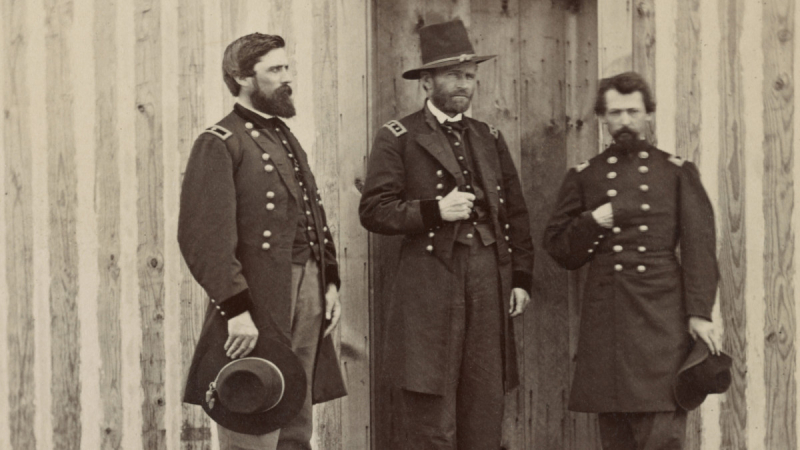
Photo: https://www.history.com/news/ulysses-s-grant-civil-war-general-strengths 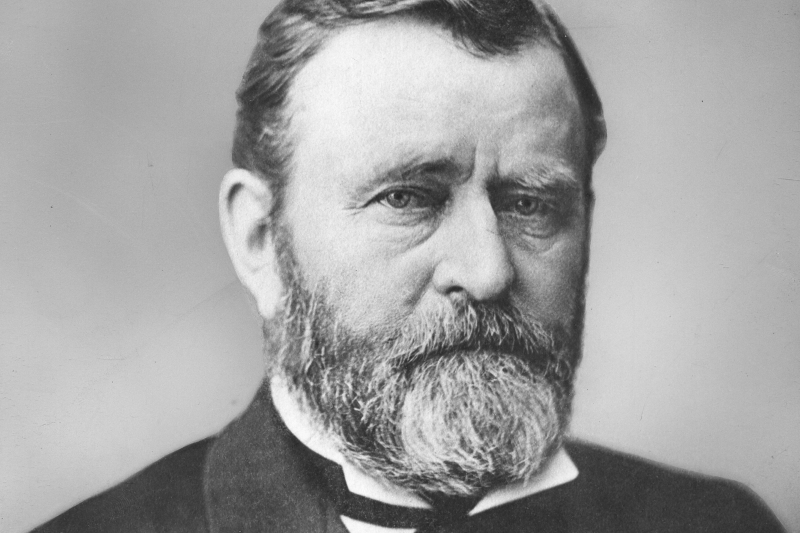
Photo: https://www.thoughtco.com/lieutenant-general-ulysses-s-grant-2360569








